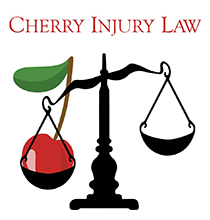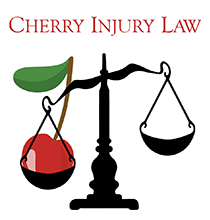In our last blog post, we discussed the insurance coverage you are required to purchase for each vehicle you own and operate in Pennsylvania. In today’s blog post, we will explain the optional coverages available.
Your insurance company may offer you the following optional coverages:
- Uninsured motorist coverage: If an uninsured motorist hits you, you will likely be liable for the costs of the accident unless you have uninsured motorist coverage. UM covers bodily injury costs when you are hit by a motorist without insurance. It does not cover property damage.
- Underinsured motorist coverage: Similar to UM insurance, UIM covers you for bodily injury if you are hit by an insured driver who does not have enough insurance to cover your entire claim. It is possible to stack UM or UIM insurance.
- Collision: While not required by law, most lenders will not give you a car loan unless you purchase collision coverage. Collision covers the property damage to your car after a car accident.
- Comprehensive: Comprehensive car insurance pays for damage to your car caused by other hazards, such as fire, flood, deer strikes or weather. Many lenders will also require that you purchase comprehensive coverage before they will give you a loan.
Less-common car insurance coverages available include funeral benefits, income loss, extraordinary medical benefits, accidental death benefits, rental reimbursement coverage, towing coverage and gap coverage (pays the difference between your new car loan and what insurance pays for a totaled vehicle).
As you can see, there are a wide variety of coverages available for your car. Deciding what and how much to purchase can be challenging, but there are a few basic principles to keep in mind.
First, uninsured/underinsured motorist coverage is a must. There are far too many drivers who have the lowest limits of insurance or no insurance at all. Usually, those drivers will not have the kind of money you need if you are injured in a car accident. Therefore, unless you have UM/UIM insurance coverage, you would have to pay out-of-pocket for your medical bills and other damages.
Second, collision and comprehensive are also valuable, since your car will likely be damaged at some point in the next decade. Remember: On average, Americans are involved in an accident once every 10 years.
Finally, consider buying more insurance coverage rather than less. Your premium may be higher, but that is a small price to pay for financial security.
If you are involved in a car accident, an attorney can review your insurance policy with you and help you bring a claim to recover compensation for your medical bills, property damage, pain and suffering, loss of income and other damages.
Source: Pennsylvania Insurance Department, “Automobile Insurance Guide,” 2012








 Cherry Injury Law RSS Feed
Cherry Injury Law RSS Feed



